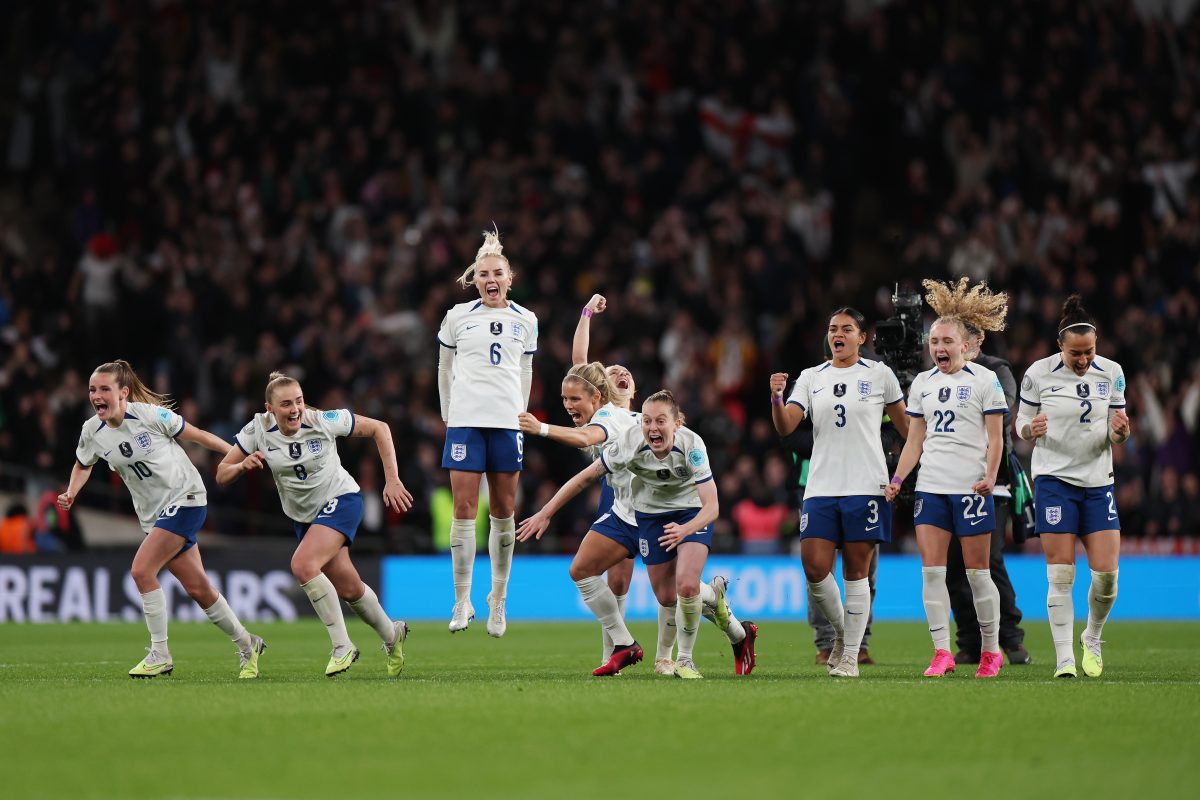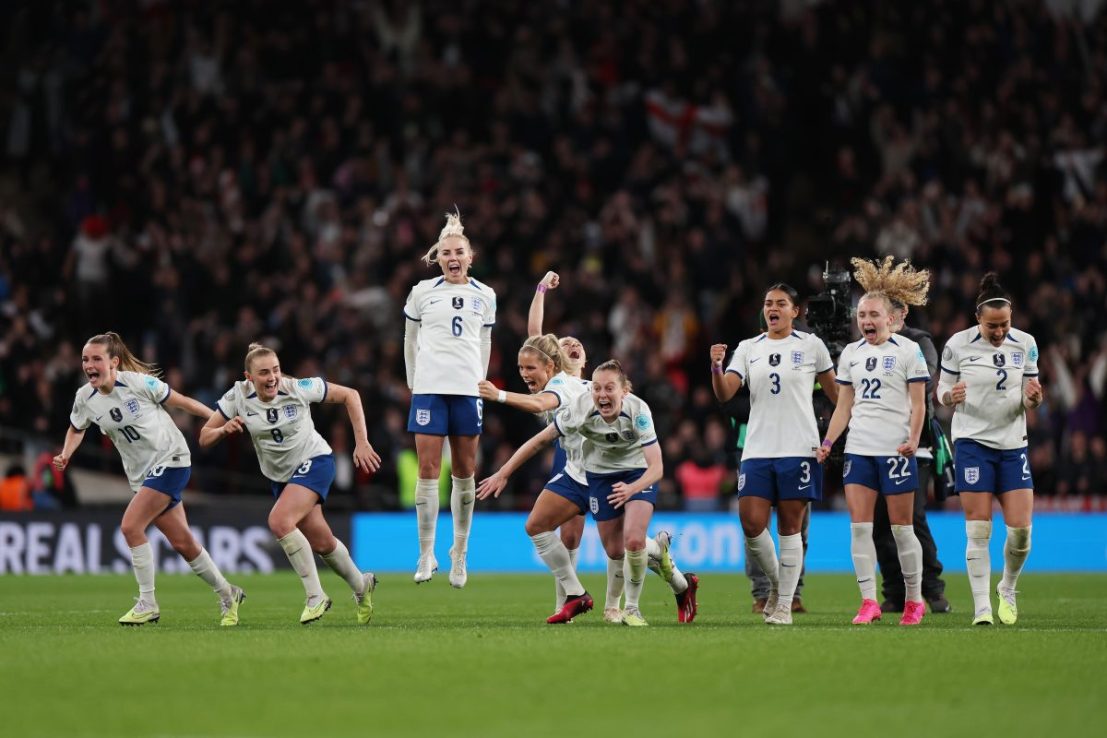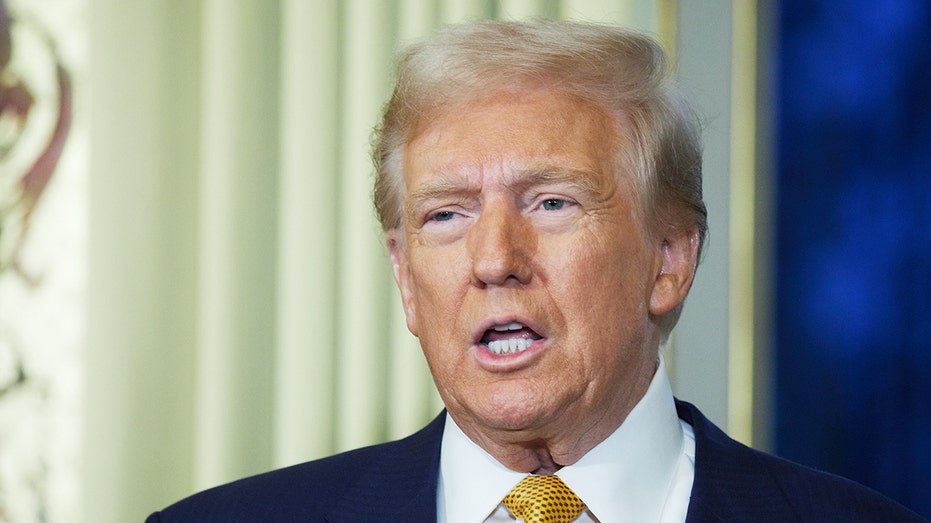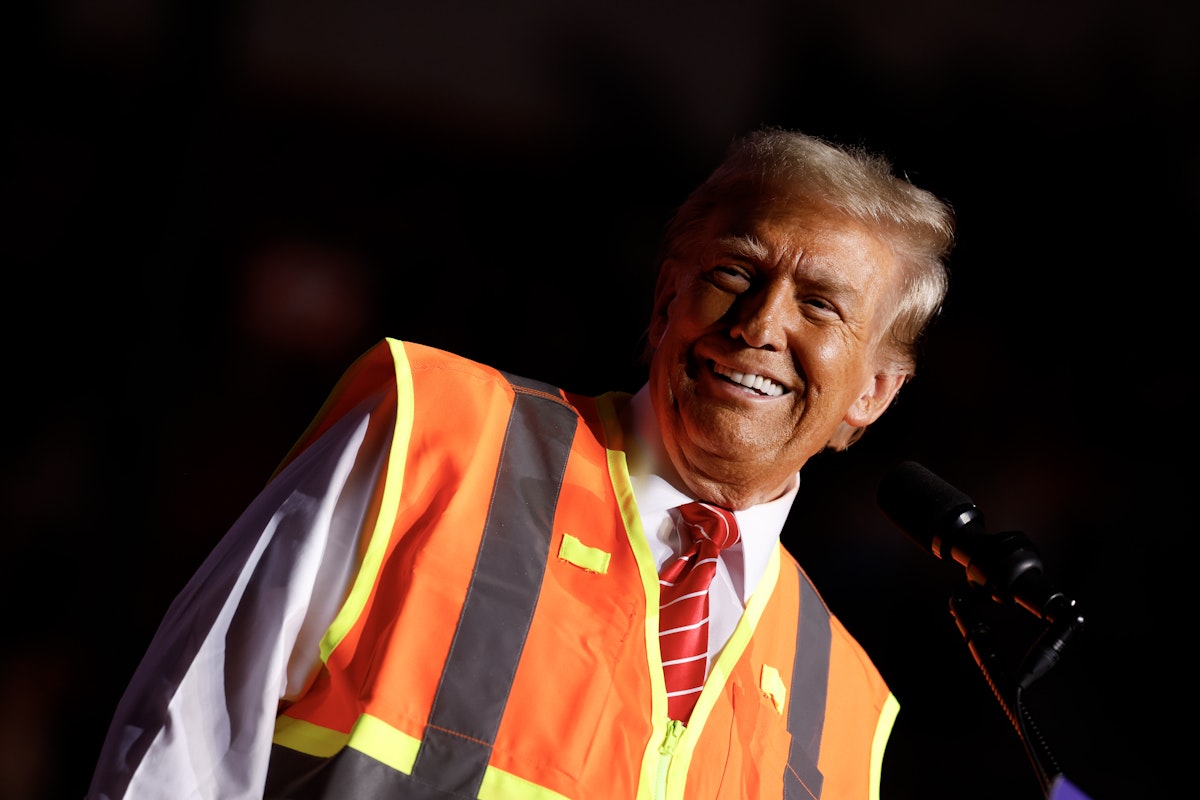Women’s football in 2025. The year we finally reach equality?
The past 12 months has been a stellar year for women’s football. The mega move of Emma Hayes to the USWNT was seismic, while the Women’s Super League began life under a new entity. Here Kelly Lindsey, the new COO and head of football performance and club operations at Lewes FC, discusses what’s happened in [...]


The past 12 months has been a stellar year for women’s football. The mega move of Emma Hayes to the USWNT was seismic, while the Women’s Super League began life under a new entity. Here Kelly Lindsey, the new COO and head of football performance and club operations at Lewes FC, discusses what’s happened in the last 12 months and where women’s football is going next.
Looking Back
2024 was a massive year for women’s football, and not just because of what happened on the pitch – it sparked debate on how the sport operates off it.
The Lionesses had an incredible run, and clubs like Lewes FC kept pushing to grow the game by boosting sponsorships and attendance. But Lewes also got relegated from the Championship, and that revealed just how hard it is to keep up with the rising costs of professional football.
The game’s growing fast, but the financial challenges are real. To ensure long-term sustainability, we need solid investment into the entire ecosystem system, enabling women’s football to stand independently and advocate for the unique needs of our industry.
One person leading the way is Michele Kang. She’s all in, from owning clubs to investing in better football boots and funding women’s sports research. Her approach sets a blueprint for investors: be brave, lead the change, and commit to long-term growth. We need impact investors who aren’t just waiting for the industry to grow on its own but are willing to step up, help shape it, and create positive change for communities.
Women’s football needs the kind of investment that allows it to grow independently, such as a major broadcasting deal or a significant investment in league prize money. Those kinds of moves can help clubs earn what they deserve and reinvest in what really matters: players’ wellbeing, top-notch medical care, and professional operations.
Football staying relevant
The next 12 months are going to be an exciting year for women’s sports, with events like the Women’s Rugby World Cup, the British Gymnastics Championships, and the Ice Hockey Women’s World Championships all happening here in the UK. It’s great news for sports fans and a chance for even more female athletes to inspire the next generation.
For football to stay a leader, visibility is everything. That means media, sponsors, and partners have to do more than just show up – they need to fully back women’s sports as something special and essential.
Take sponsors like Xero, for example. Their commitment goes beyond sponsorship – they’re championing women in business and promoting equality across the board. They have supported grassroots clubs through fluctuating business models, and their support has allowed Lewes FC to develop a unique business model and navigate the fast-evolving landscape of women’s football. This is the kind of partnership that is crucial to help women’s football stay innovative, impactful, and a leader in the sports world.
And while football will always aim to lead, there’s a real sense of teamwork across women’s sports in the UK. Thanks to initiatives like the government’s Women’s Sports Accelerator, different sports are working together to grow as a whole. It’s a win for everyone.
Wild ride in 2025?
We’ve got a few ideas for what could happen in the next year:
- The FA and Adobe might finally step up and make prize money equal for the FA Cup.
- League sponsors could set a new standard by introducing prize money for league standings in the women’s game.
- Fifa should ensure prize money equality across all women’s tournaments.
If these happen, it’ll be a game-changer. Teams would start earning more based on their performances, which means they could reinvest in crucial areas – like supporting players’ health, improving facilities, and building stronger, more professional setups.

In 2025, we want to see equal prize money become more of a reality across football. This isn’t just about the sport; it’s about reshaping communities, showing kids what equality really means, and setting up football to thrive for everyone, at every level.
The money is already there – it just needs to be shared fairly. It’s been inspiring to see clubs, players, and MPs stepping up to use football as a platform for real, positive change, and we want to see even more of that momentum in 2025.
Lewes FC has been banging the drum for equal FA Cup prize money for years, and in 2024, more clubs and players joined the cause. This isn’t just about football; it’s about fairness, equality, and the bigger picture.
When we fight for prize money parity, we’re shaping the next generation’s views on equality and making football better for everyone. Check out more here.



